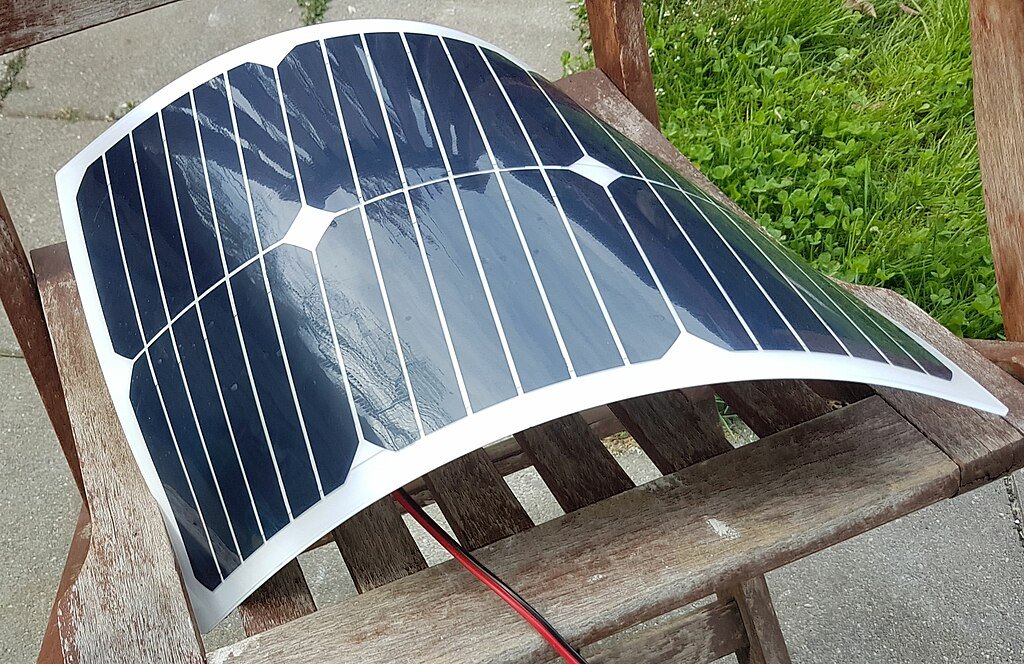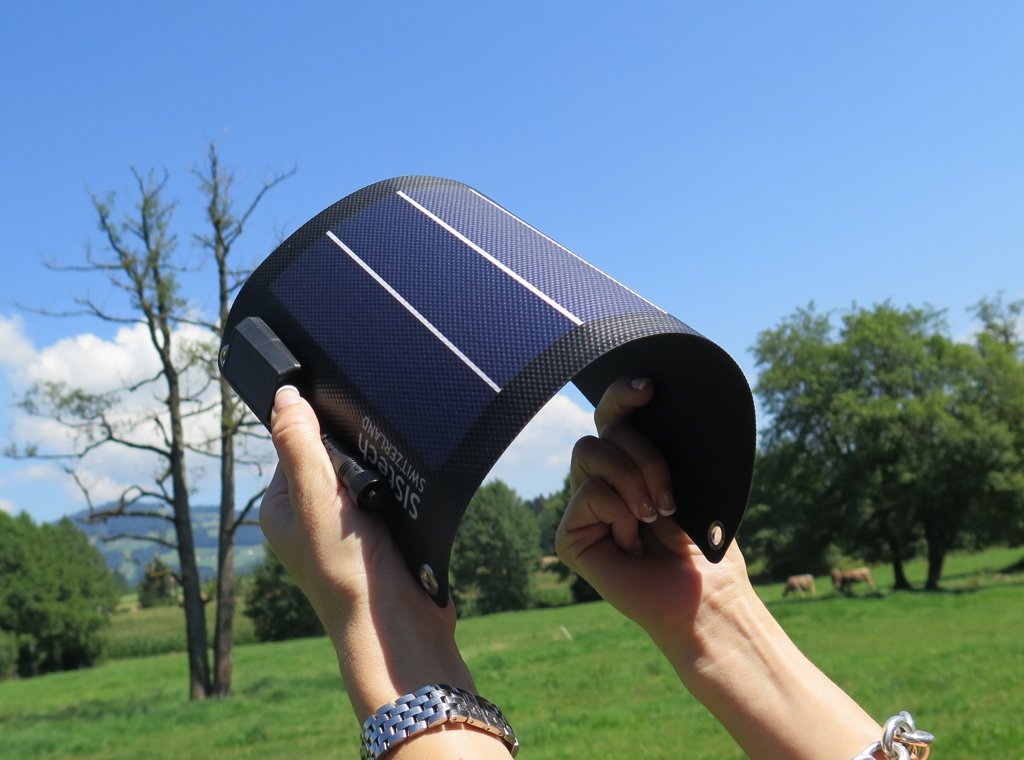Solar inverters play a critical role in the conversion of direct current (DC) electricity generated by solar panels into usable alternating current (AC) electricity for home appliances. As a key component of any solar energy system, understanding the purpose, types, key characteristics, and important considerations when purchasing a solar inverter is essential for optimizing the performance and efficiency of your solar panel system.

Role of the Solar Inverters in a Solar Panel System
The primary function of inverters for solar power systems is to convert the DC electricity produced by the solar panels into AC electricity that is compatible with standard home appliances. Since most household devices and the power grid itself operate on AC power, solar panel inverters ensure that the electricity generated by the solar panels can be used directly without the need for specialized equipment.
By enabling the seamless integration of solar power into the existing electrical infrastructure, power inverters are instrumental in maximizing the efficiency and utilization of solar energy for residential use.
Types of Solar Inverters – Simplified Explanation
1. String Inverters
These are the most common type of inverters used in residential solar installations. In addition, they are cost-effective and generally used when there is minimal shading or panel orientation issues.

2. Microinverters

Microinverters are attached to each solar panel, allowing for independent energy conversion. In contrast to string inverters, micro inverters for solar panels are suitable for installations where shading or panel orientation is a concern and can optimize energy production.
3. Power Optimizers
Power optimizers work similarly to microinverters by optimizing the output of each solar panel. Similarly, they are often used in installations where shading or panel orientation issues need to be addressed but are more cost-effective than microinverters.

4. Hybrid Inverters

Hybrid inverters incorporate additional functionalities, such as the ability to connect to a battery storage system. Generally, they are suitable for homeowners looking to store excess energy for later use or in areas with unreliable grid access.
Key Characteristics of Solar Inverters
| Type of inverter | The different types of Inverters are explained in the previous section. Based on your current and/or future solar power system, the type of inverter is a key point you need to consider. |
| Efficiency | The efficiency of a power inverter is crucial as it directly impacts the overall energy production of your solar panel system. In short, look for inverters with high efficiency ratings, as they can maximize the electricity output of your solar panels. |
| Durability and Reliability | Choose inverters that are known for their durability and reliability, especially in varying weather conditions. Ultimately, try opting for models with robust construction and warranties to ensure long-term performance. |
| Monitoring Capabilities | Solar panel power inverters with advanced monitoring capabilities allow you to track the performance of your solar panel system in real-time. Look for models that offer comprehensive monitoring features to identify any issues and optimize energy production. |
| Compatibility with Battery Storage | If you plan to incorporate a battery storage system into your solar panel setup, ensure that the power inverter is compatible with the specific type of battery you intend to use. |
| Scalability | Consider inverters that allow for system scalability, enabling you to expand your solar panel array or integrate additional components, such as energy storage systems or electric vehicle charging stations, in the future. |
What to Look For When Buying Solar Inverters
1. System Size and Capacity
Choose an inverter that matches the size and capacity of your solar panel system. Ensure that the inverter can handle the maximum power output of your panels without any performance degradation.
2. Installation and Maintenance
Opt for inverters that are easy to install and maintain. Look for models with user-friendly interfaces and accessible components, as they can simplify the installation and troubleshooting processes.
3. Warranty and Support
Prioritize inverters from reputable manufacturers that offer comprehensive warranties and reliable customer support. A robust warranty can provide you with added peace of mind and protection against potential malfunctions or failures.
4. Price and Affordability
While considering the price, also evaluate the long-term benefits and return on investment that the inverter can provide. Balance the initial cost with the potential energy savings and system performance over the lifespan of the inverter.
5. Safety and Compliance
Ensure that the inverter meets industry standards and complies with all safety regulations. More specifically, look for certifications and accreditations that guarantee the inverter’s safety and performance in various operating conditions.
Wrap Up
In conclusion, power inverters are a critical component of solar panel systems, enabling the efficient conversion of solar energy into usable electricity for your home. By understanding the main purpose, types, key characteristics, and essential considerations when purchasing a power inverter, you can make informed decisions that optimize the performance, reliability, and long-term goals of your solar panel system. When selecting a power inverter, prioritize efficiency, durability, monitoring capabilities, and compatibility with additional components, such as battery storage systems, to ensure an effective and sustainable solar energy solution for your property.
If you need assistance in selecting the right power inverter for your solar panel system or have any questions about the information provided, please feel free to share in the comments section or in our Reddit group (r/Greenrhub).





Leave a Reply